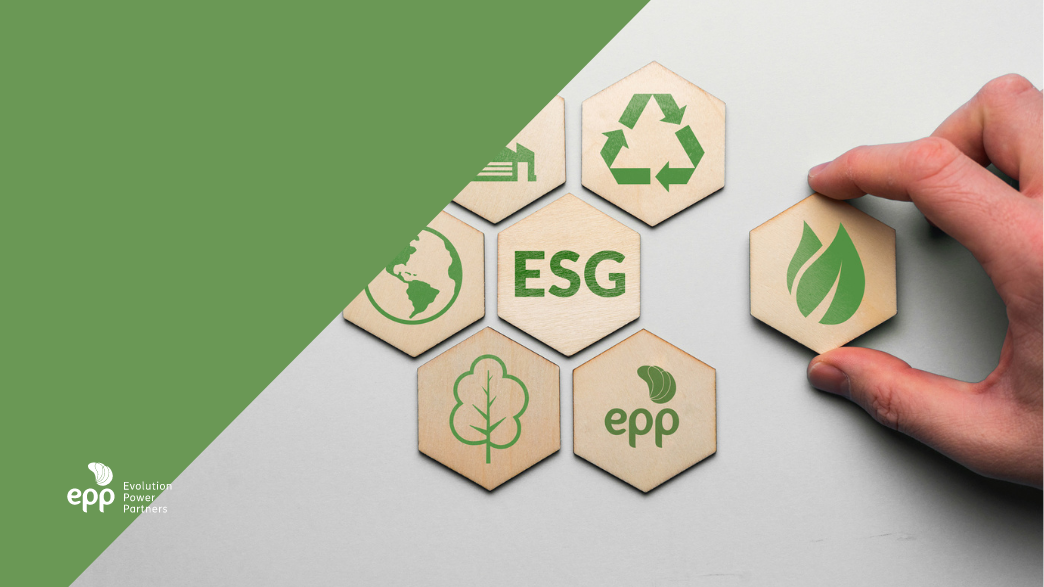Is there a difference between sustainability and ESG? Understand what each concept means and the applicability of each one within companies.
Do you know the difference between sustainability and ESG? It is common for people to confuse the terms and use them as synonyms, but, although they are expressions that converge in the daily lives of companies, there is a big difference between them.
Both the term ESG and the word sustainability can be considered expressions of the decade. After all, in recent years, these themes have permeated discussions within companies. Therefore, there has been so much talk about sustainable development in organizations.
What is ESG?
Driven by the attention of the capital market, the acronym ESG has become the hot spot among investors. Assets under management in ESG funds approached $2 trillion after record inflows during the first quarter of 2021.
The acronym stands for Environmental, Social and Governance and these actions started to be adopted by large organizations, companies and investment managers in Brazil and in the world, becoming a reference for the aspects that should be considered in a sustainable investment.
The ESG has 3 pillars and each of them has a goal of establishing specific goals in each area:
- Environment: The environmental criteria analyzed include the company’s use of renewable energy sources, waste management, management of air or water pollution from operations, deforestation issues, and corporate responsibility for climate change.
- Social: the social criteria provide for actions that encourage the development of the community in which the company operates, in addition to the relationship between the company and employees, investing in well-being, diversity, equality, conflict management, health and safety.
- Corporate governance: governance actions deal with how the company is managed, mainly in terms of managing the top and executive officers and their shareholders. The objective is to verify that all stakeholders are taken into account in decisions, including in the analysis of remuneration, corruption rates, compliance measures, internal policy, tax strategies, among others.
Thus, it is possible to say that the ESG points to a specific set of environmental, social and governance criteria and metrics, but that they do not always aim to solve social or environmental issues globally, as is the focus of the UN Sustainable Development Goals. For example, there are mining or fossil fuel companies that follow ESG targets but are not necessarily sustainable.
What is sustainability?
Sustainability, in a modern understanding, is the organization’s strategic thinking that has a more complex and systematic vision. According to the sustainability tripod or Triple Bottom Line, a company is required to include people and the planet along with making profit on its balance sheet.
In this sense, the term defines actions that integrate non-financial aspects considered by ESG to the business model aimed at generating a greater impact on society. The sustainability actions are:
- Green economy;
- Low carbon footprint;
- Conservation of energy, water and resources;
- Clean energies;
- Circularity;
- Corporate social responsibility;
- Diversity and inclusion;
- Human rights;
- Health and safety;
- Development of new products aimed at sustainability.
Thus, sustainability does not only look at risks, but mainly at opportunities, highlighting the necessary changes for a better future. Its orientation is from the outside to the inside of the organization and how it develops, keeping connected with the demands of society, which change over time.
Therefore, the main difference between sustainability and ESG is the focus of goals and objectives. While ESG focuses on the short and medium term, seeking risk mitigation to attract investors with specific criteria, sustainability integrates a more complex view of the company’s relationship and the world with practical strategies that go far beyond combating and mitigating the environmental and social impacts.
To stay on top of this and other news about the energy and sustainability sector, follow us on social media.






